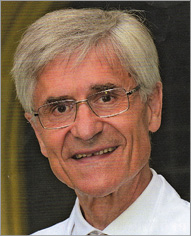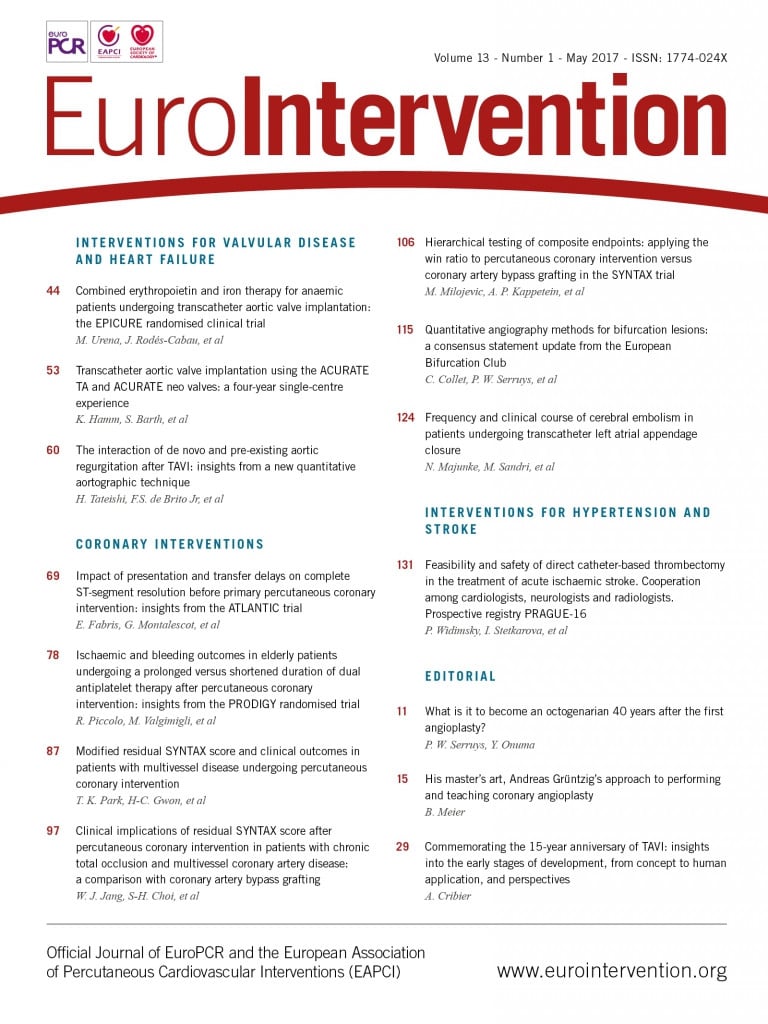How to become an Andreas Grüntzig in the 21 century
Bernhard Meier
The contributions of Andreas Grüntzig to modern medicine are huge, though it may be argued that serendipity accounted for a significant part of his success. He came to Zürich to be a disciple of Robert Hegglin, an internist. Hegglin died shortly after Grüntzig’s arrival, obliging him to find a substitute tutor in the person of Alfred Bollinger, an angiologist, whose diagnostic skills he quickly acquired.
As a step still further, Grüntzig then became intrigued by the fact that unblocking arteries appeared to be conceptually simple. Charles Dotter had already shown how to dilate peripheral arteries with incremental catheters and Dotter must have given balloons a thought. However, it was Grüntzig who happened to run into a plastics expert who knew how to make a functioning dilatation balloon. Grüntzig appeared to be in danger of jeopardising the sovereignty of cardiac surgery and yet it just so happened that Åke Senning was the local chief surgeon. Senning already enjoyed considerable personal fame and was happy to share the limelight with this young cardiologist in the ascendant who was threatening to eclipse him. Lastly, Grüntzig’s first case just happened to be as good as they come – almost forty years on, his first patient has never needed bypass surgery!
While such a constellation was unlikely at the time, it would be unthinkable today. Critics would stop a Grüntzig of our times, raising ethical and regulatory red flags. His story could not be reconciled with today’s evidence-based medicine and research rigour. Yet, creative minds continue to exist and, to help them make their dreams come true, specialists have emerged alongside ever more restrictive regulations. Medical breakthroughs are still possible and young physicians must continue to strive for them. They can no longer be accomplished by a single person but the required algorithms and the money still exist. The secret is to think out of the box but not act out of the box. Casey Kasem knew it all along when he proclaimed, “Keep reaching for the stars but keep your feet on the ground”.

Bernhard Meier, MD
Professor of Cardiology, University Hospital of Bern, Bern, Switzerland
|
NEWS ■ EAPCI General Assembly Thursday 18 May, 10:30-12:00, Room 343! Join us and and learn about the latest developments of our Association. EAPCI Voting members will be invited to vote on a proposal for a new mission for the Association. Be there! We look forward to seeing you... ■ Don’t miss the free EAPCI webinar on 23 June, from 18:00 to 19:00 CET. Join Dr R. Byrne, Professors M. Roffi and A. Baumbach for a “Focus on bleeding management strategy in patients under oral anticoagulation after PCI – from randomized clinical trials to the individual patient”. Register online: www.escardio.org/EAPCI - Education section ■ Keep up to date about all the exciting upcoming European Society of Cardiology (ESC) webinars at www.escardio.org - Education section |

